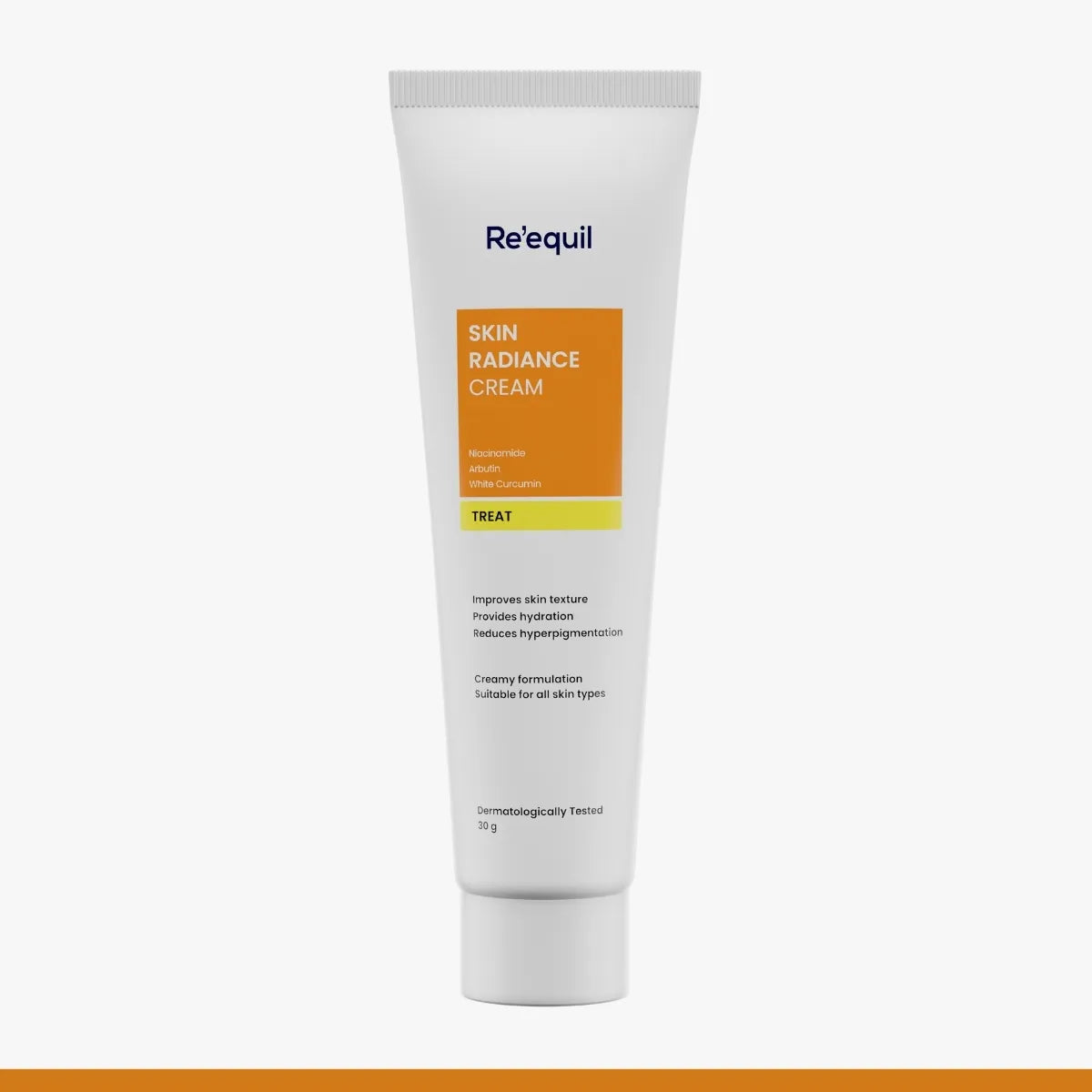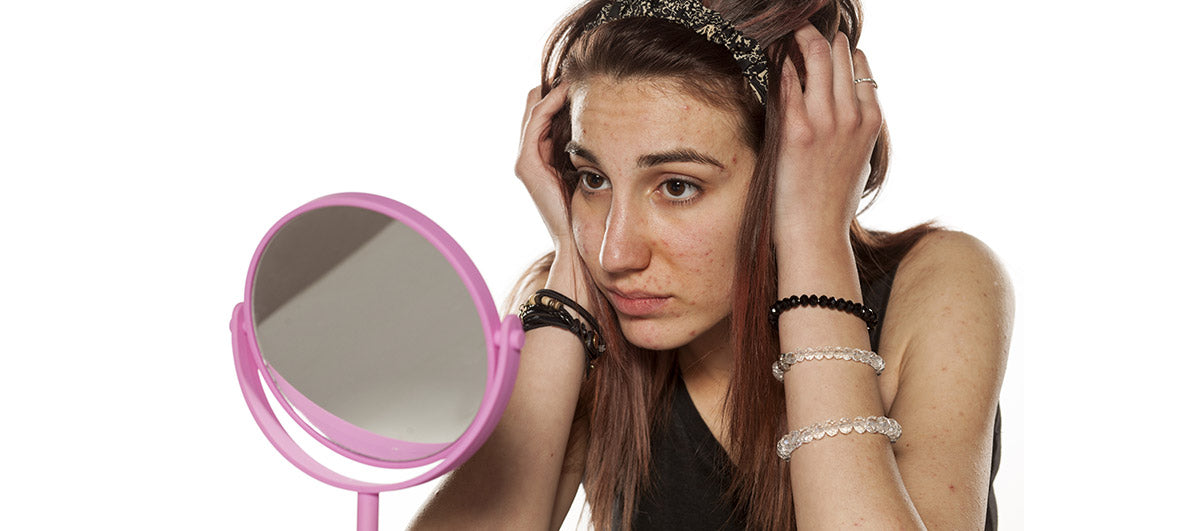Acne due to stress has become a major concern for teenagers these days. Have you ever felt that you always get a big zit on your face during exam time or one day before a business meeting, or when you have a date? This is a sign of psychological stress that triggers and worsens inflammatory skin conditions such as acne flare-up, eczema, and psoriasis. In fact, scientific studies reveal that stress and acne are interlinked to each other. A study conducted at Stanford University found that the problem of acne flare-up increases in students during exam time. Hence, researchers have concluded that chances of acne severity are higher during stress. In other words, stress is one of the major culprits of pimples and acne. Here, you will know how stress and anxiety are related to acne and pimples?
How does stress cause acne?
During stressful conditions, our body produces a hormones, adrenaline (epinephrine) and cortisol. Elevated levels of these stress hormones stimulate the sebaceous glands to produce sebum. This sebum is an oily substance that clogs the pores and worsens an active acne condition. Stress acne is characterized by itching, redness, and inflammation with raised number of blackheads and whiteheads.
How to combat the acne caused by stress?
There are number of ways, which can help manage stress. Meditation is considered one of the most effective ways to relieve from stress regardless of any age group. It has been found that meditating on a regular basis not only acts as a quick stress fixer but also builds the resilience.
What are the best tips to get rid of stress acne?
Get a sound sleep, every day
The National Sleep Foundation states that 7-8 hours of sleep is required for a healthy adult. Proper sleep helps in the process to repair and rejuvenate our body which automatically leads to acne prevention. Improper sleep raises the levels of the stress hormone cortisol, which ultimately results in acne. On the other hand, inadequate sleep brings many other skin woes such as dark circles under the eyes, wrinkle formation, and sagging skin.
Avoid sugar and high glycemic foods
Consumption of sugar and other high glycemic foods can also lead to breakouts. It increases blood sugar and insulin levels which create metabolic stress in the body. Hence, to avoid the risk of developing acne and other skin problems it is important to reduce sugar intake in the diet.
Use a gentle cleanser
If you are suffering from the problem of acne and pimple, you need to mend your skincare regimen. Always use sulphate free face wash with ZincPCA that offers sebostatic (oil control) and moisturizing effect on the skin.
Practice deep breathing or pranayama
Deep breathing not only fills your lungs with oxygen, but also help to get rid of stress and tension. Breathe in and breathe out practices help detoxify the body which leads to acne healing.
Does stress cause acne on the chin?
Hormonal imbalances are the major cause of acne and pimples on the chin. During adolescence, levels of androgen hormones increases, which stimulate the production of sebum, an oily substance responsible for clogging the pores. In females irregular menstrual cycle and polycystic ovary syndrome (PCOS) may raise androgen levels which further cause breakouts.
Does stress cause acne Rosacea?
Several studies have suggested that stress plays a vital role in worsening Rosacea flare-ups. The National Rosacea Society (NRS) survey points out that stress management can cause a significant reduction in severe flare-ups of papules and pustules. You can talk to your health care expert to reduce stress for controlling rosacea.
Does stress cause acne on the scalp?
Stress is known to stimulate certain hormones and pro-inflammatory chemicals that can disturb your scalp’s barrier functions. It further leaves the scalp dry and itchy which acts as a flourishing ground for bacterial and fungal infections. Eczema is the most common adverse effects of stress that causes red, itchy, and scaly rashes on the scalp. Additionally, stress also triggers scalp psoriasis which results in red patches and silvery scales. This condition may further affect the forehead, skin behind the ears, and back of your neck.
Thereby, stress and anxiety have a strong connection with each other. Increased levels of stress hormone cause more flare-ups. So the best way is to stay away from things that may harm your mental peace. Be more calm, mindful and relaxed in situations which usually overstress you. Above all, try to be happy for no reason because a cheerful face is always a beautiful face.




